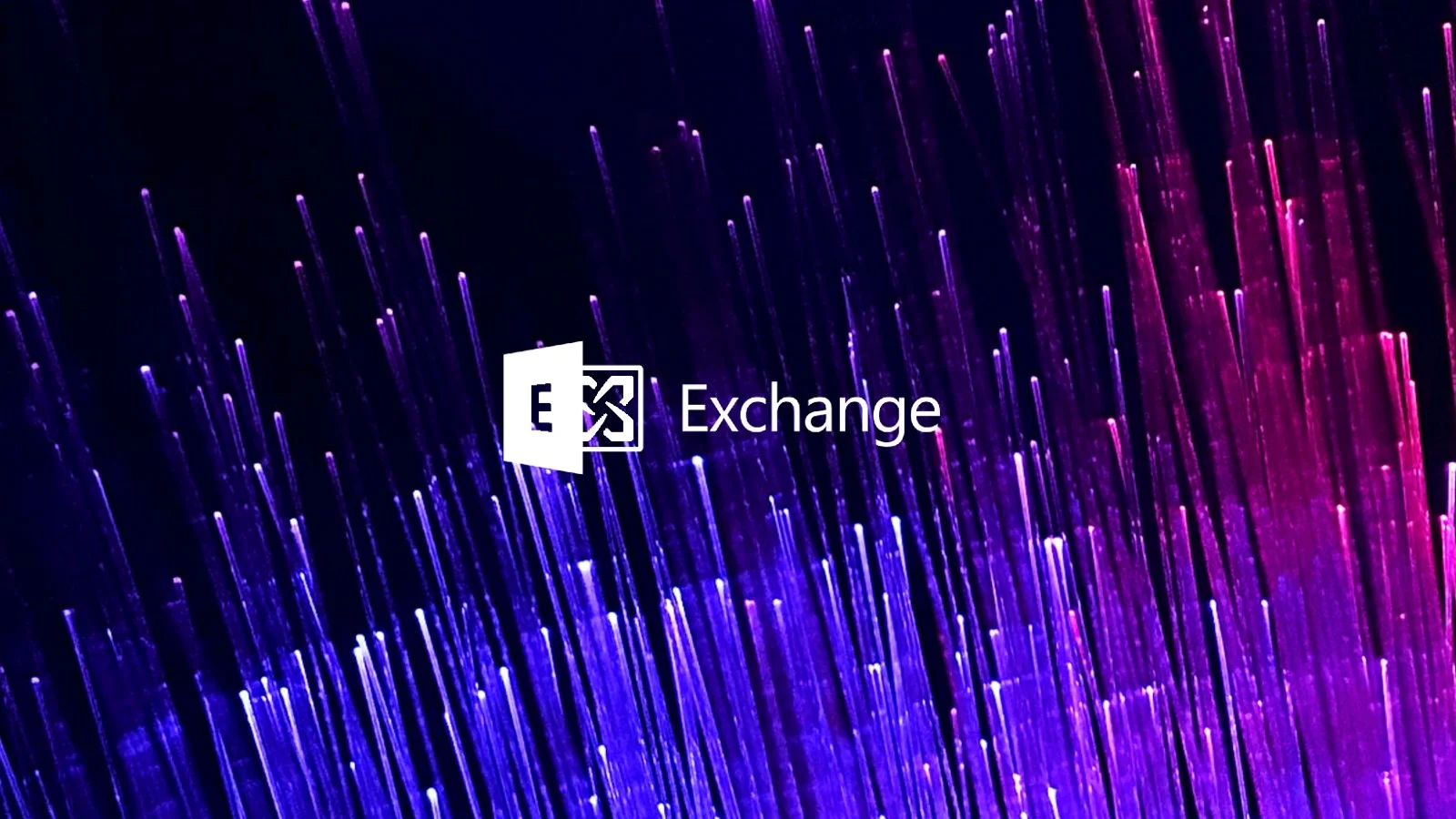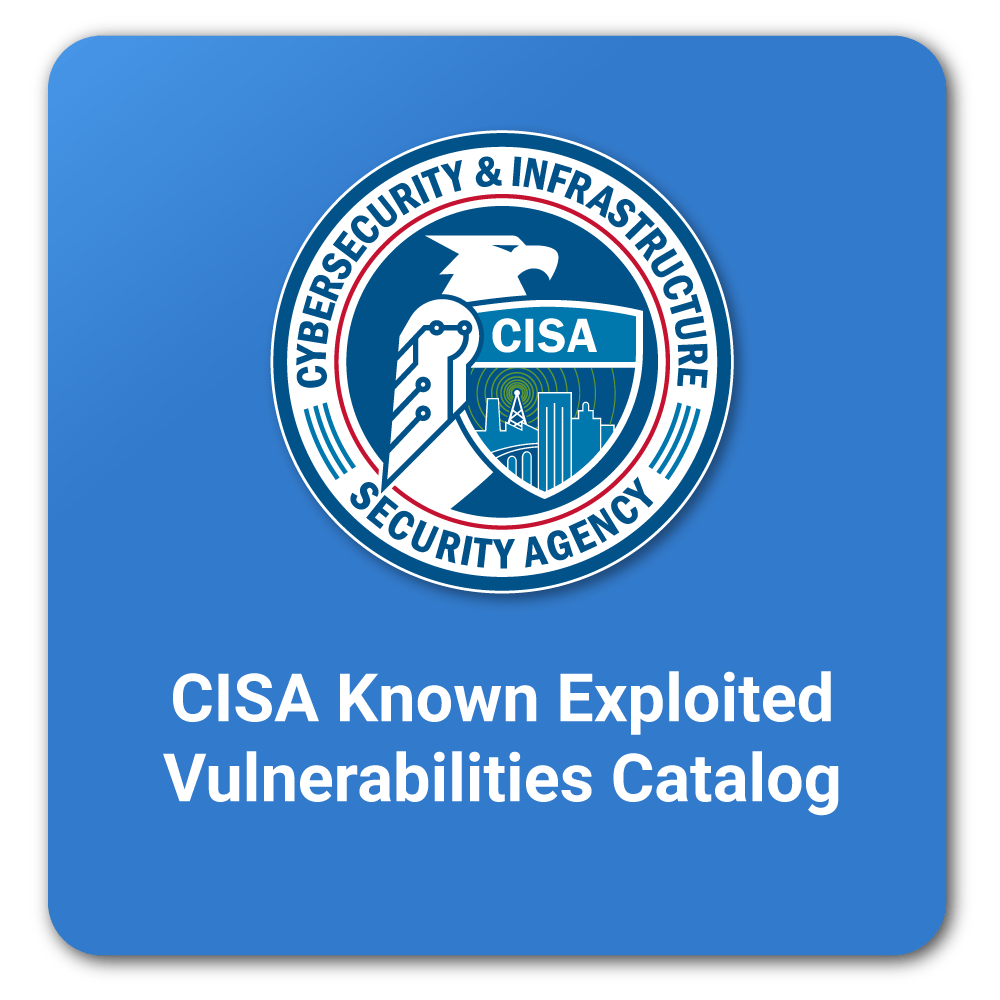Microsoft: Exchange Server 2013 reaches end of support in 90 days
Microsoft warned customers today that Exchange Server 2013 will reach its extended end-of-support (EOS) date 90 days from now, on April 11, 2023.
Exchange Server 2013 was released in January 2013 and has already reached the mainstream end date more than four years ago, in April 2018.
After the extended EOS date is reached, Microsoft will no longer provide technical support and bug fixes for new issues that could impact the servers’ stability or usability.
Time zone updates and security updates to address newly found vulnerabilities impacting servers running Exchange Server 2013 will also no longer be available starting in April.
“Exchange Server 2013 will continue to run after this date, of course; however, due to the risks listed above, we strongly recommend that you migrate from Exchange Server 2013 as soon as possible,” Microsoft Exchange Product Marketing Manager Scott Schnoll said.
“If you haven’t started your migration from Exchange Server 2013 to Exchange Online or Exchange Server 2019, get going now!”
Upgrade your servers or migrate to the cloud
Microsoft recommends upgrading on-premises Exchange Server 2013 servers to Exchange Server 2019 to keep receiving bug fixes and security updates for new flaws.
However, before deploying new Exchange Server 2019 installations across servers running software quickly reaching EOS, you should ensure that your network, hardware, software, and clients meet the requirements.
Redmond also advises admins to migrate to its hosted Exchange Online email and calendaring client as an alternative option, available as an Office 365 subscription or as a stand-alone service.
“If you’re migrating to Exchange Online, you might be eligible to use our Microsoft FastTrack service,” Schnoll said.
“FastTrack provides best practices, tools, and resources to make your migration to Exchange Online as seamless as possible. Best of all, you’ll have a support engineer walk you through from planning and design to migrating your last mailbox.”
“Exchange Server 2013 will continue to run after this date, of course; however, due to the risks listed above, we strongly recommend that you migrate from Exchange Server 2013 as soon as possible,” Microsoft Exchange Product Marketing Manager Scott Schnoll said.
“If you haven’t started your migration from Exchange Server 2013 to Exchange Online or Exchange Server 2019, get going now!”
Upgrade your servers or migrate to the cloud
Microsoft recommends upgrading on-premises Exchange Server 2013 servers to Exchange Server 2019 to keep receiving bug fixes and security updates for new flaws.
However, before deploying new Exchange Server 2019 installations across servers running software quickly reaching EOS, you should ensure that your network, hardware, software, and clients meet the requirements.
Redmond also advises admins to migrate to its hosted Exchange Online email and calendaring client as an alternative option, available as an Office 365 subscription or as a stand-alone service.
“If you’re migrating to Exchange Online, you might be eligible to use our Microsoft FastTrack service,” Schnoll said.
“FastTrack provides best practices, tools, and resources to make your migration to Exchange Online as seamless as possible. Best of all, you’ll have a support engineer walk you through from planning and design to migrating your last mailbox.”
Original Posts: Microsoft: Exchange Server 2013 reaches end of support in 90 days



